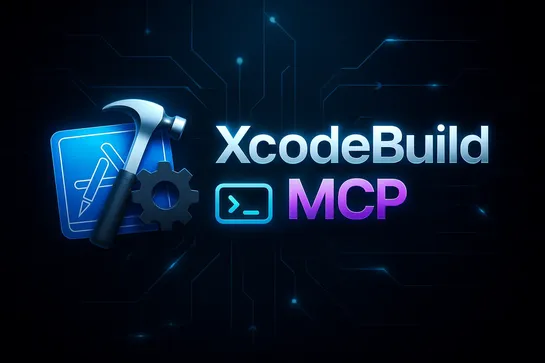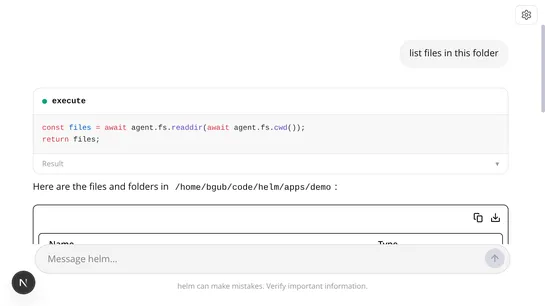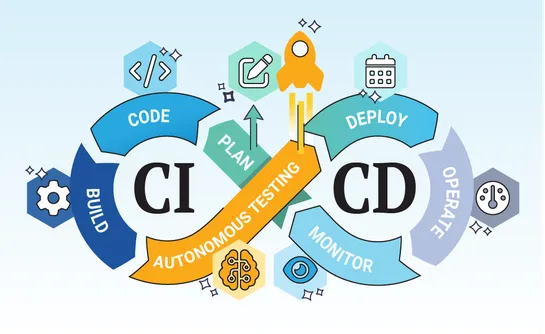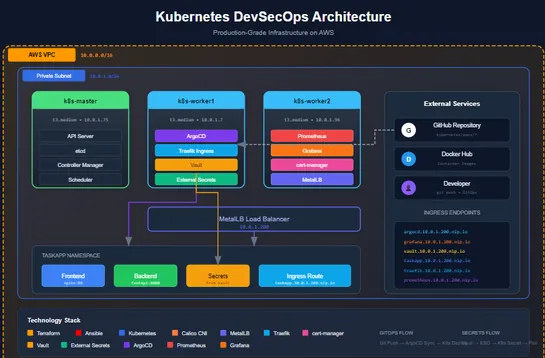I test in production - Heavy Blend™ Hoodie
This unisex heavy blend Hooded Sweatshirt is relaxation itself. It's made with a thick blend of Cotton and Polyester, which makes it plush, soft and warm. The spacious Kangaroo Pocket adds daily pract...
Join us
This unisex heavy blend Hooded Sweatshirt is relaxation itself. It's made with a thick blend of Cotton and Polyester, which makes it plush, soft and warm. The spacious Kangaroo Pocket adds daily pract...

OpenAI shipsgpt-realtimeand declares GA for theRealtime API. It's a speech-to-speech model that tightens instruction-following, steadiestool calling, and lifts voice fidelity. Latency drops. True realtime agents become possible. The release prescribesprompt skeletons,JSON envelopetool outputs,sessio.. read more

Do you need an MCP to build your native app? Surprisingly, modern agents succeed either way. The real difference is how much time, cost, and context you waste along the way... read more

Anthropic's Claude Gov, optimized for national security uses, has fewer restrictions than regular versions. The Pentagon is threatening retaliation if Anthropic does not waive these restrictions by Friday, including invoking the Defense Production Act or declaring Anthropic a supply chain risk. Anth.. read more
helm usesTypeScripttypes to registerskillsas typed functions with structured I/O. Permissions follow a clear precedence: exact→wildcard→skill→global. Agents get a keywordsearchtool and a code-execution tool that runs JS inside anSESsandbox. A recursiveproxyforwards calls overIPCto the parent, which .. read more

The K8s blog exposesIngress-NGINXdefaults that clash withGateway API. These include case-insensitive prefix regexes. Host-wide annotation effects. Path rewrites. Slash redirects. URL normalization. Kubernetes retiresIngress-NGINXinMarch 2026.Gateway API 1.5graduatesListenerSetand theHTTPRoute CORS.. read more
Transitioning JIRA tickets to trigger deployments was key for this team struggling with manual deploys, leading to significant savings in time and reduction in errors. The architecture involved a JIRA Controller Pipeline, a Project Deployment Pipeline, and a JIRA Manager Pipeline, all aimed at seaml.. read more

A dev built a production-grade Kubernetes platform in 48 hours, encountering challenges and solutions along the way. The setup included multiple layers such as infrastructure, cluster, platform, delivery, and observability, each requiring troubleshooting and adjustments. The process involved deployi.. read more

Kubernetes SIG Architecture’s API Governance crew is tightening the screws on stability, consistency, and cross-cutting sanity across the whole API surface. Not just REST. They’re eyeing the overlooked stuff too - CLI flags, config formats, anything that shapes how users and tools touch the system. .. read more